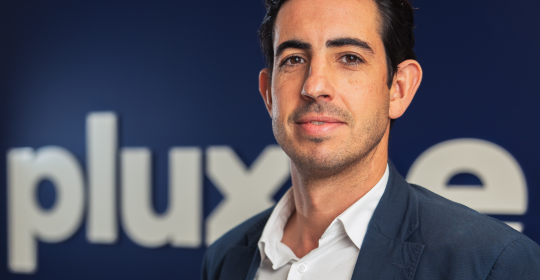The ability to recruit Gen Z effectively will make or break an organisation in the years ahead – by 2025, Gen Z will make up 27% of the workforce.
However, today’s approach to reaching them simply isn’t efficient. Bullhorn data shows that the market is shifting and for the first time in the survey’s history, talent acquisition has taken the top spot as a priority among recruiters, beating out client relationships.
This poses a huge challenge for recruitment firms because understanding candidates’ needs and building relationships is key to attracting and redeploying talent.
The talent shortage is having a major impact across most industries, and recruiters cannot afford to overlook young candidates. Our data shows that three-quarters (75%) of Gen Z job applicants say that they have abandoned a promising job opportunity halfway through the process.
A key step toward building a recruiting process that works is understanding why capable Gen Z candidates are abandoning applications so frequently.
Why are Gen Z abandoning applications?
Our research found poor recruitment processes are the main reason for Gen Z to abandon job applications. Most of those surveyed (85%) see the entire recruitment lifecycle as outdated, slow, and overly complex. Two in five admitted they have abandoned opportunities before the first interview, while one in three say they have abandoned it before even submitting a formal application!
In other words, organisations simply aren’t delivering the outstanding candidate experience that Gen Z expects. Young candidates do not view long, convoluted job applications favourably – they will simply move on, especially while the market favours candidates. It’s up to companies to emphasise an agile, tech-friendly approach to hiring.
How can firms attract more Gen Z applicants?
In terms of solutions, we can break the approach down into three main areas: communication, employer branding and automation.
1. Communication
When it comes to communication, Gen Z have different expectations. We found that general lack of communication is the main reason for abandoning an application, so providing regular updates is essential.
Getting the channel right is also key. As digital natives, Gen Z candidates have particularly strong channel preferences, and they’re more likely than other candidates to disregard or even block messages that come through on the “wrong” channel. Almost half of Gen Z candidates (45%) say that email is their preferred channel, followed by LinkedIn (26%), phone calls (16%), SMS (10%) and apps (3%).
However, there is no single “correct” channel for reaching Gen Z, so recruitment firms must take a data-driven, multichannel approach. This ensures that messages to each candidate – Gen Z or otherwise – meets them where they are.
Gen Z applicants need context to stay motivated, so bring them on the journey through each stage of the process. Provide them with a complete overview of the "roadmap" of each step in the process.
2. Employer branding
Gen Z candidates tend to search for employment across multiple digital channels. As well as effective outreach on each, recruiters must showcase the employer’s brand and principles accurately across platforms. Candidates will often go do their own research on a company, including on the company website, LinkedIn, Glassdoor, Comparably, and more. Maintaining a positive, honest presence across these channels is essential.
Insight into a company’s culture and mission is also important to Gen Z. More than previous generations, young people seek mission-driven companies and want to hear about career opportunities, culture, and inclusion. Touchpoints throughout the recruitment process should emphasise the brand's story and purpose - and invite the candidate to imagine themselves a part of it.
3. Automation
Gen Z are digital natives, and they expect a streamlined, responsive, personal experience at every touchpoint. They prefer application processes that are just a click away and are intuitive to work through, and have higher expectations around timely, direct feedback.
Automation is the key to delivering high-quality experiences cost effectively and at scale. Bullhorn data shows that recruiters who utilise automation have a 64% higher fill rate and submit 33% more candidates.
Better for everyone
The changes required to effectively reach Gen Z also provide benefits to candidates of all ages – everyone likes to be reached out to on the channel they prefer, have a good idea of a company before they work there, and have a smooth recruitment experience. Nonetheless, investing in these key areas will no doubt help recruiters gain a particular edge when it comes to sourcing and placing talent from this dynamic new generation.







